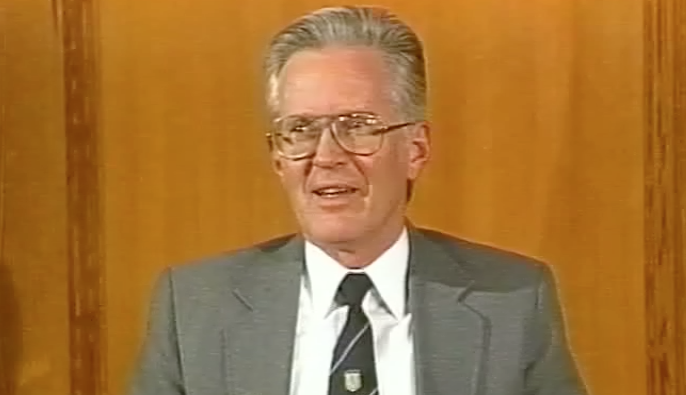Begin learning about the academic study of Jesus’ life and teachings (or enjoy a refresher course) by “sitting in” on “Windows on Jesus,” Halvor Ronning’s fifteen-part lecture series on the Synoptic Gospels and the Synoptic Problem.
David Flusser on the Historical Jesus: An Interview with Roy Blizzard
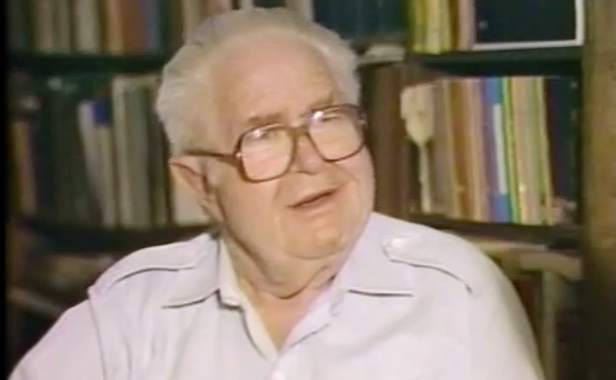
On the occasion of what would have been Prof. David Flusser’s 98th birthday (Sept. 15), we are pleased to share footage of an interview with Flusser on the historical Jesus that has recently come to light. The interview was conducted by Dr. Roy Blizzard as part of a television series entitled The Quest: In Search of the Jewish Jesus. In the interview Flusser discusses the language of Jesus, the importance of studying ancient Judaism of the Second Temple period for the understanding of Jesus’ message, and Jesus’ high self-awareness.
“Mission of the Twelve” complex
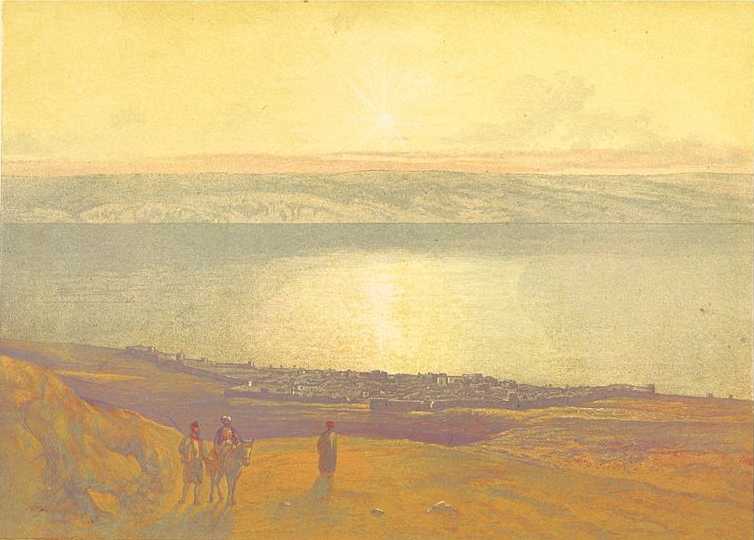
The “Mission of the Twelve” attempts to reconstruct the complete story of the apostles’ healing and teaching mission.
Character Profile: Rabban Gamliel the Elder
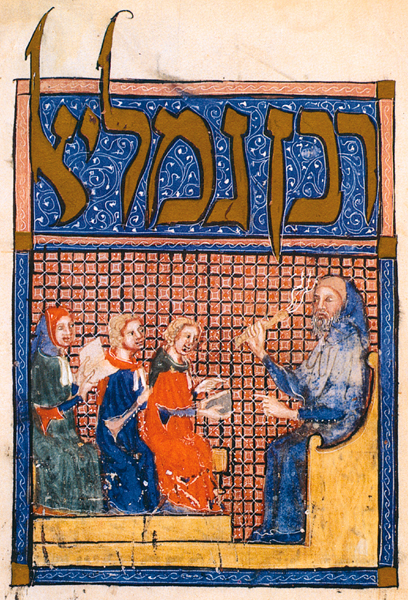
The ancient Jewish sage Rabban Gamliel is mentioned not only in rabbinic literature, but also twice in the New Testament. Marc Turnage introduces us to this important figure in the history of Judaism and Christianity.
A Long Collaboration: Jerusalem Perspective and BiblePlaces.com

Many of the photographs on Jerusalem Perspective come from the collections of BiblePlaces.com. Founded by Todd Bolen in 2001, BiblePlaces.com provides photographic resources for studying and teaching biblical history, geography and archaeology.
Character Profile: Chief Priests and Sadducees
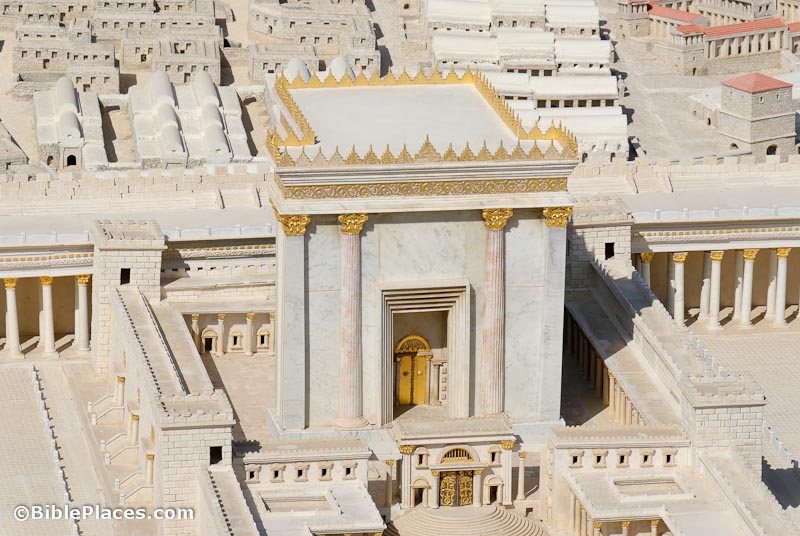
Why did the chief priests and Sadducees continue to oppose the early believers even after the crucifixion of Jesus? In this video Marc Turnage places the chief priests and Sadducees in their historical context and explains why the preaching of the apostles was unwelcome news to the Temple authorities in Jerusalem.
The Messianic Consciousness of Jesus: Lesson 01
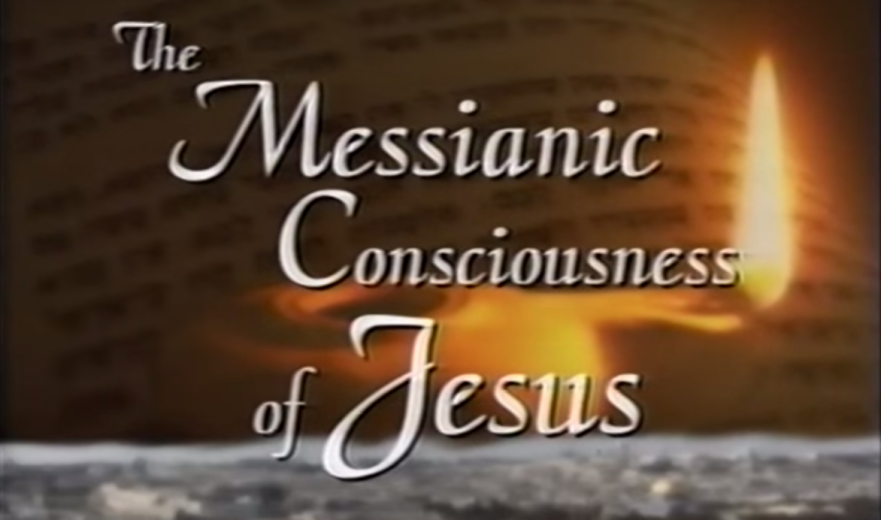
In Lesson One of The Messianic Consciousness of Jesus series, Dr. Robert L. Lindsey examines the story of the youthful Jesus asking and answering questions in the Temple.
Character Profile: Pontius Pilate
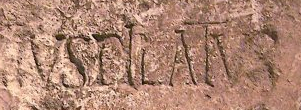
In this video Marc Turnage reexamines Pilate’s character based on ancient literary sources, including the New Testament, and archaeological finds.
Character Profile: Joseph Caiaphas

The high priest Joseph Caiaphas is known not only from the New Testament Gospels as the high priest who opposed Jesus and his early followers, but also from Josephus the Jewish historian who lived in the first century C.E. In this video Marc Turnage provides an historical sketch of this pivotal character.
Windows into the Bible (4): Stone Vessels

In this video Marc Turnage discusses the significance of stoneware vessels for understanding the cultural context of the Gospels. Marc Turnage, a member of the Jerusalem School of Synoptic Research, is the director of the Center for Holy Lands Studies for The General Council of the Assemblies of God in Springfield, Missouri. Learn more about Turnage and his work at his blog The Shard and the Scroll at www.theshardandthescroll.com.

